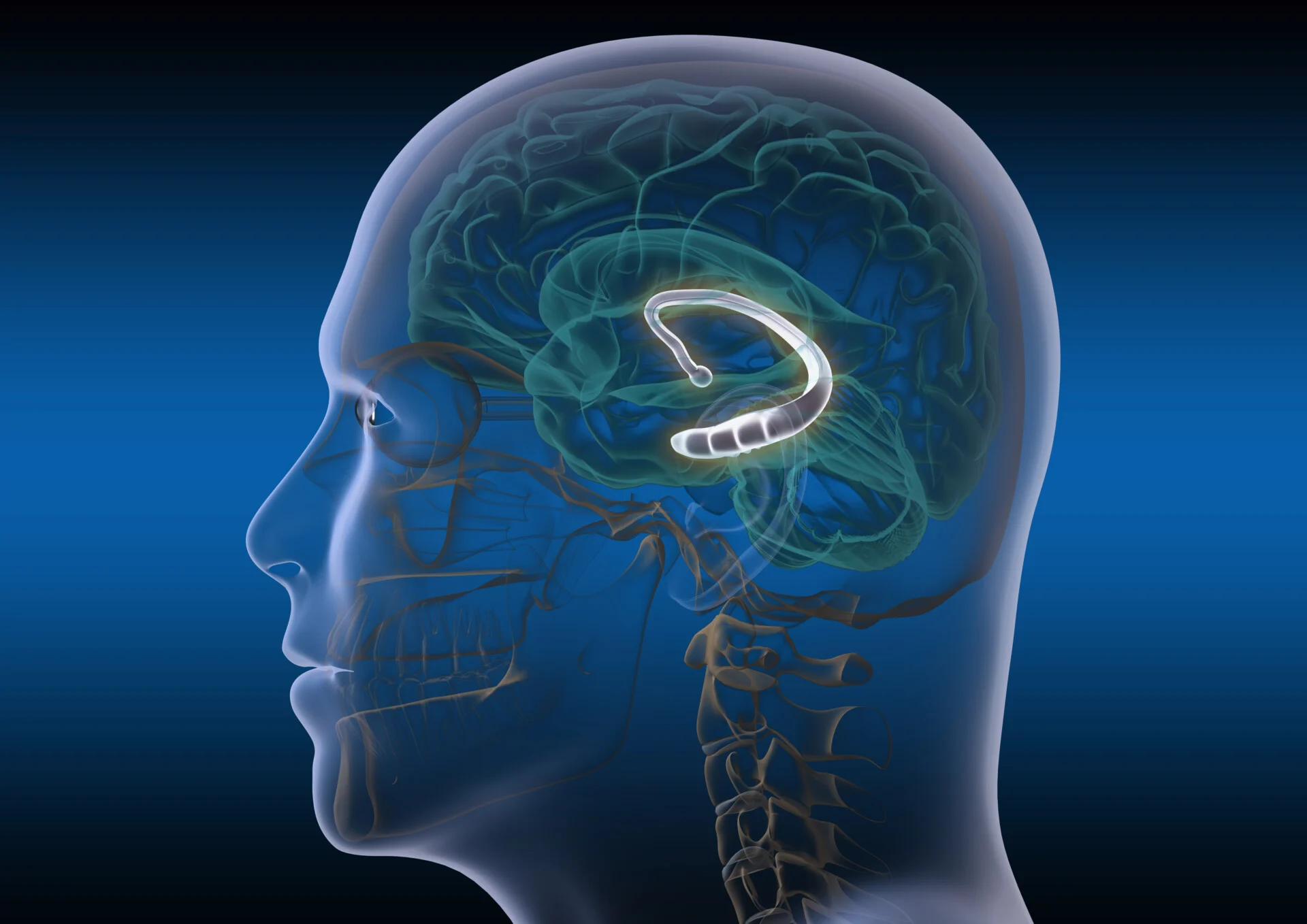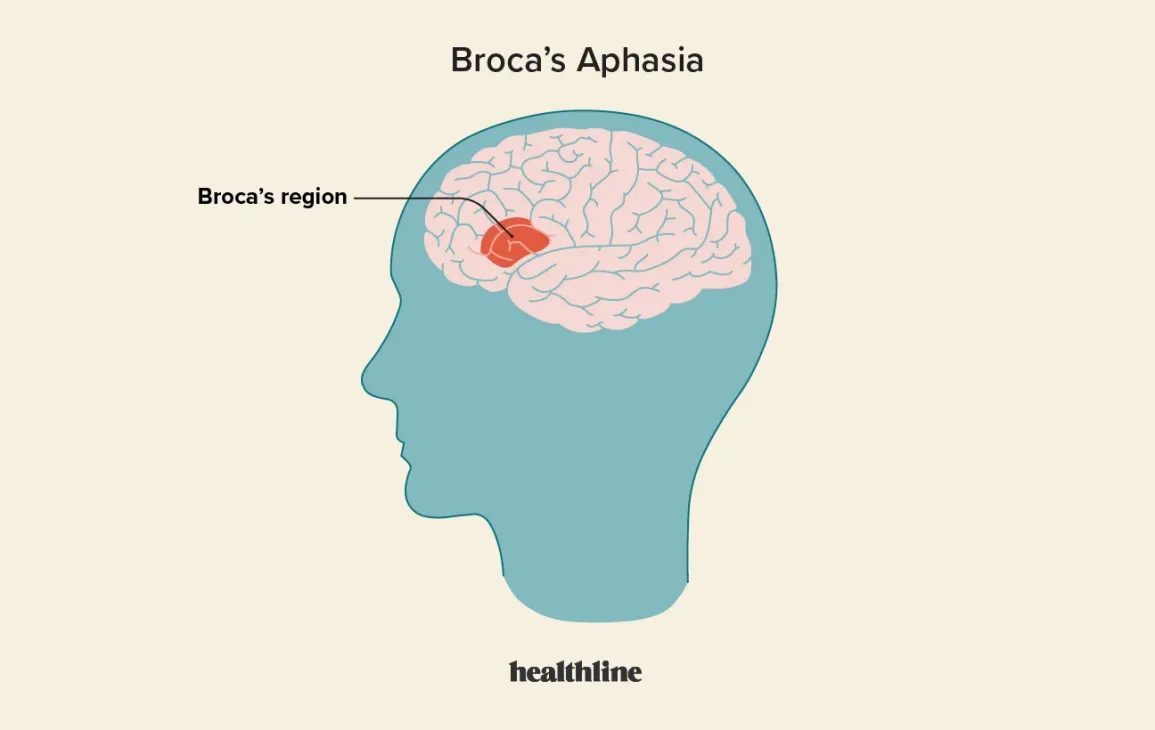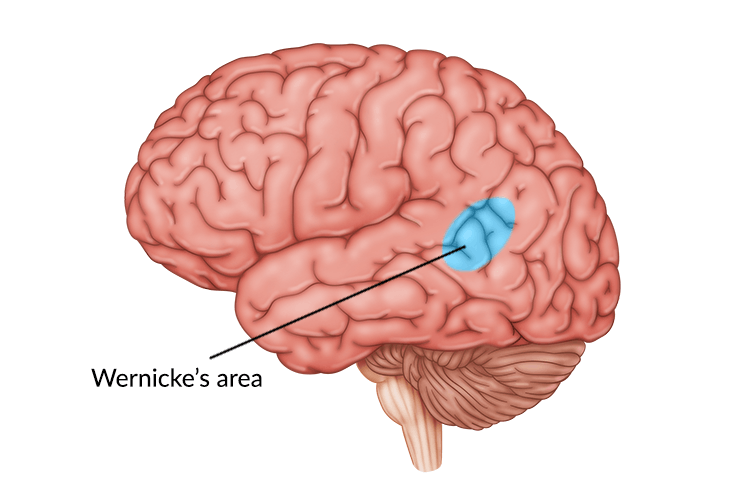AP Psychology Unit 7 Cognition Terms
1/73
Earn XP
Description and Tags
Terms for Mr. Grimes at Newport High School for Unit 7 Cognition
Name | Mastery | Learn | Test | Matching | Spaced |
|---|
No study sessions yet.
74 Terms
Memory 326
The ability to be able to store experiences and being able to retrieve it in the future
Recall 327
The ability to call upon information from experiences in the past. (FRQ tests test your ability to do this)
Recognition 327
Identifying then verifying if something is correct after you see it again. (MCQ tests test your ability to do this).
Relearning 327
Being able to learn something faster after you already learned it once and forgotten.
Encoding 329
The process of putting information into the memory/brain.
Storage 329
The process of being able to retain your experiences and learning over periods of time.
Retrieval 329
The process of extracting information from the brain/memory storage place. (Hippocampus for episodic memories, Cerebellum and Basal Ganglia for implicit memories)
Parallel Processing 329
The ability to process many different tasks at the same time (like a computer running different programs simultaneously), which may be both conscious and unconscious.
Sensory Memory 329
Mental representation of the senses (look, smell, touch, hear, taste). This type of memory is brief and tends to fade pretty soon unless exposed to this stimuli for long periods of time.
Short-term memory 329
Memory that can remember few things for a period around 30 seconds, before it is stored in long-term memory or forgotten.
Long-Term Memory 329
Limitless memory storage that is somewhat permanent. It can include knowledge, skills, and experiences.
Working Memory 329
A type of memory that also holds information temporarily but adds conscious processing of senses and information deriving from long term memory. (This type of memory helps you make decisions and explains your behavior.) - remember this is CONSCIOUS
Explicit/Declarative Memories 330
Conscious facts and experiences that we consciously know and declare. (One example would be items on your grocery list, which you know and can identify.)
Effortful Processing 330
Encoding that requires attention and conscious effort. (This type of processing leads to explicit memories)
Automatic processing 331
Unconscious memorizing of information that immediately barges into our storage without us knowing. (This type of processing leads to implicit memories)
Implicit Memories 331
The memories you obtain unconsciously from automatic processing (This includes muscle memory, association among stimuli, and things like frequency, space, and time).
Iconic Memories 332
A short memory of visual images that lasts no more than a few tenths of a second, which we can recall to amazing detail.
Echoic Memories 332
Echoic memories is like iconic, except it is auditory. It’s a brief sensory memory of a sound or sounds that happened recently that lasts about 2-4 seconds, which we can usually recall to amazing detail.
Chunking 333
When memorizing something, one might organize items into simpler or more familiar units, which allows us to remember easier. (This is why phone numbers are usually broken up in 3 digits - 3 digits - 4 digits, because memorizing in smaller groups makes it easier).
Mnemonics 333
A device that aids our memories, which includes images, patterns, etc. (An example of this is acronyms, in this case, specifically PEDMAS or BEDMAS which allows us to memorize the order of operations).
Spacing Effect 334
Distributed practice that produces better long term potentiation, achieved from rehearsal or practice.
Testing Effect/Retrieval practice/Test-Enhanced Learning 335
Repeated self-testing, which improves your ability to recall. Basically, repeated recalling improves your ability to recall.
Shallow Processing 335
This type of processing processes letters and sounds but NOT meaning, so we may accidentally write the wrong word since we basing it off on sound. (Writing “write” instead of “right”)
Deep Processing 335
This type of processing encodes semantically, or in other words, it remembers meanings of words. (Remember that deeper processing correlates to better retention).
Semantic Memories 340
Semantic memories are memories based on facts and general knowledge. (This may include knowing state capitals, knowing color of the sky, etc). Remember some memories can be BOTH semantic AND episodic!
Episodic Memories 340
Episodic memories are memories that are experienced. (This may include very vivid memories like your first kiss or very mild memories like walking to school). Remember some memories can be BOTH semantic AND episodic!
Hippocampus 340
The Hippocampus is a temporal lube neural center located in the limbic system that saves EXPLICIT MEMORIES!

Memory Consolidation 340
Memory Consolidation is the process of memories leaving the hippocampus to find storage elsewhere in your brain. This makes it easier to recall, which shows that cramming last minute does not help much because the memory is going to be in your hippocampus, not somewhere else in your brain.
Flashbulb Memories 342
Flashbulb memories are ones that give you sudden extremely clear description of where you were or what you were doing. They are triggered by sudden emotional changes, which can include 9/11 attacks, getting hit by a car, etc). These memories can stay clear for extremely long periods of time because we rehearse them a lot, think about them, and describe them to others.
Long Term Potentiation 342
When stimulating certain memory-circuit connections over and over, the neuron that connects them now needs less prompting to fire.
Priming 345
Priming is how exposure to one stimulus may cause something else to happen, when it isn’t conscious guidance or intention. (An example would be when being prompted to salt, some people might automatically think of pepper).
Encoding Specificity Principle 345
The idea that memories are context-based. (An example of it would be that when seeing your teacher at the supermarket, our brain may take more time to recognize them or double-guess itself, because they aren’t at school).
Mood congruent 346
Mood congruent theory is the idea that memories are emotion-based.
Serial Position Effect 347
The position of items learned will impact whether or not you’ll be able to recall it, due to the recency and primary effects. (Typically, after listening to a long lecture, you’ll probably remember the first and last few items easier than the ones in the middle.
Anterograde Amnesia 351
The ability to recall one’s past, but unable to make new memories. (This happens when the hippocampus gets damaged, because it is crucial to the encoding of new memories.)
Retrograde Amnesia 351
The disease that people who cannot access their long term memory have.
Ebbinghaus Forgetting Curve 352
The course of forgetting is initially rapid, but levels off with time.
Proactive Interference 354
Proactive interference is prior knowledge affecting your ability to recall new information.
Retroactive Interference 354
Retroactive interference is when new learning hurts your ability to remember previous memories.
Repress 355
Repress is when we we make memorize less severe versions or don’t memorize painful memories at all due to embarrassment or anxiety.
Reconsolidation 356
Reconsolidation is when recalling or remembering something, the memory will be slightly altered every time we do so.
Misinformation Effect 357
Misinformation effect is when given subtle misleading information, we may not be able to recall our memories correctly.
Source Amnesia/Misattribution 358
The inability to recall or retrieve the source of the information. (An example is recognizing someone but not sure from where)
Deja Vu 358
The weird feeling you get when you enter a new place, and have a feeling that you have been there before. Deja vu translates to “Already seen”.
Cognition 365
Mental activities that associate with thinking, knowing, remembering, and communicating information.
Concepts 365
Groups of similar objects, events, ideas, or people. (An example of this is when being prompted with “chair”, many chairs may come into mind).
Prototypes 365
A mental image or a “best example” of a category, that you use to match with objects of that category. (When being prompted with the word “bird”, a crow matches our prototype of a bird better than a penguin does, because penguins can’t fly.)
Creativity 366
The ability to make ideas that are novel and valuable.
Convergent Thinking 366
The ability to provide one correct answer. (You need this type of thinking to do well on MCQs).
Divergent Thinking 366
The ability to consider many different options and to think in novel ways. (This type of thinking is tested usually in essays, where you may need to think of multiple correct answers)
Algorithms 370
A step-by-step procedure that guarantee a solution. An example would be trial and error, sometimes used in math class.
Heuristics 370
Heuristics are thinking short cuts. (An example would be when unscrambling a word, you may exclude rare letter combinations)
Insight 370
When a solution to a problem suddenly appears due to prior knowledge on the topic.
Confirmation Bias 371
Confirmation bias leads us to seek evidence for ideas we believe in more eagerly than seeking evidence against our beliefs.
Fixation 371
Fixation is an inability to approach a problem in a new way once you already established a belief.
Mental Set 371
The tendency to approach a problem with the mind set of something working previously. (An example would be when solving a hard math problem, using examples of easier ones may lead you to the solution).
Intuition 372
Fast, automatic, unreasoned feelings and thoughts. (An example would be automatically predicting the ending of a book before you have finished it).
Representative Heuristic 372
Eliminates the probability of an event based on how similar it is to a known situation. (An example would be automatically considering a fat person as someone who doesn’t exercise, because you may consider athletic people as skinny or fit).
Availability Heuristic 373
When we estimate how common an event is based on its mental availability. For example, many people are more afraid of a plane crash than a car crash, even though way more people die in car crashes a year than in plane crashes.
Overconfidence 375
When people are really sure that they know the right answer, even if it is wrong.
Belief Perseverance 376
Our tendency to cling to our beliefs even when contrary evidence exists.
Language 381
Our spoken, written, signed words and how we combine them to communicate meaning.
Phonemes 381
Any distinct unit of sound in a specified language that distinguish one word from another.
Morphemes 382
Smallest language units that carry meaning. Most contain two or more phonemes. (Basically, words).
Grammar 383
A language’s set of rules that enable people to communicate.
Babbling Stage 384
A state in child development around 4 months where the baby appears to be experimenting with different sounds it can make. No meaningful words have been spoken yet.
One-word Stage 384
Children begin to use individual words to convey meaning. This occurs around their first birthday, and they may say “Doggy” to symbolize “There is a dog”.
Two-word Stage 384
When children start speaking in mini sentences (usually just two words). This starts to happen around 18 months. They may say “My cookie” to represent “This is my cookie, don’t touch it”.
Telegraphic Speech 384
When children begin to use short, simple sentences that only include essential words.
Aphasia 387
An impairment of language- reading, writing, speaking, etc.
Broca’s Area 388
An area in the left frontal lobe that contributes to one’s ability to speak. (When this part gets damaged, it may be harder to speak).

Wernicke’s Area 388
An area located in the left temporal lobe related to the understanding of words. (When this part gets damaged, it may be hard speaking meaningful sentences).

Linguistic Determinism 389
A theory that the language one speaks has an effect on how we think and perceive the world.
Linguistic Influence 389
When thought is influenced by the language you speak but you can still think stuff not defined by your language.